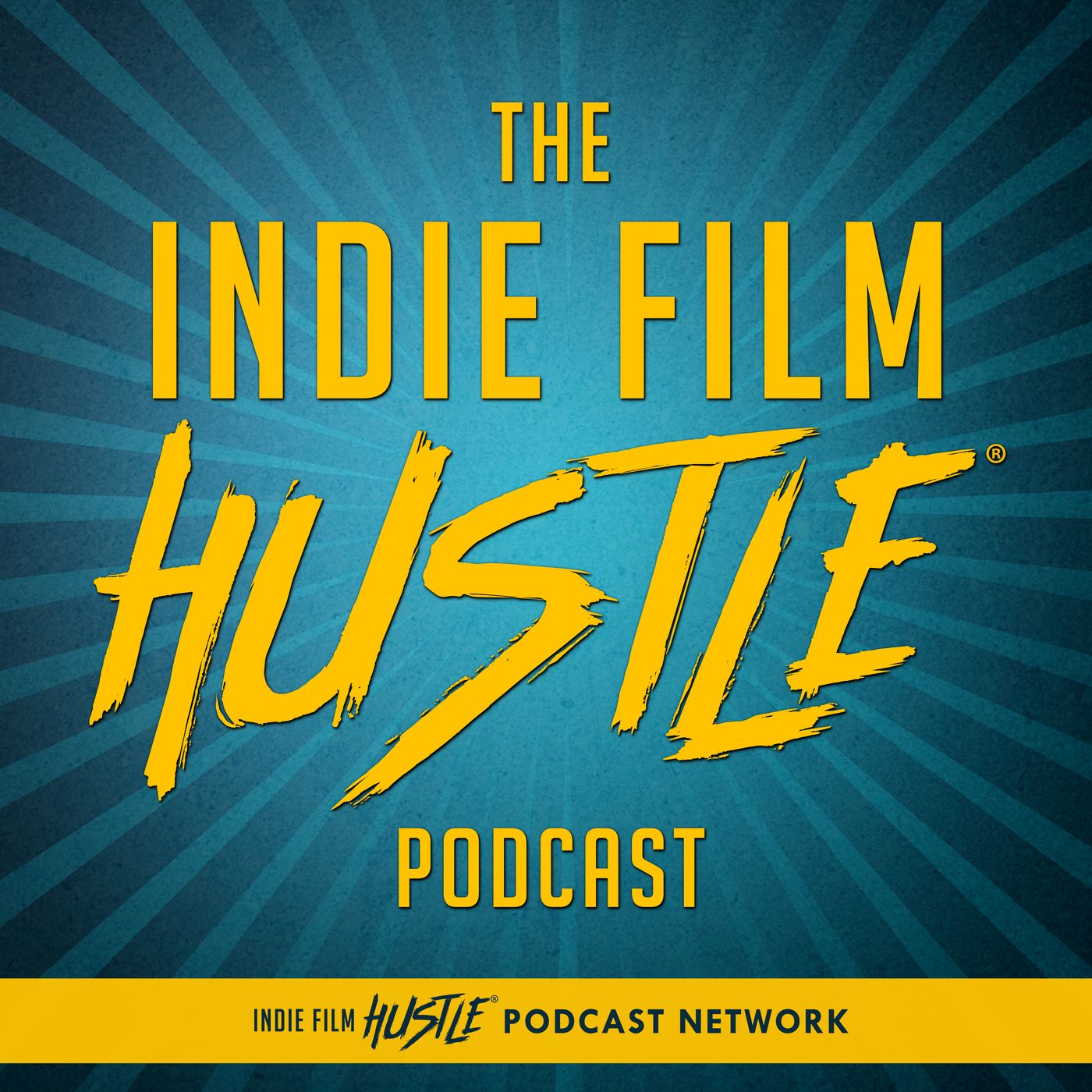
IFH 791: Beyond the Script: Gordy Hoffman’s Guide to Emotional Storytelling

Indie Film Hustle® - A Filmmaking Podcast
Deep Dive
Shownotes Transcript
Life, they say, is a story we tell ourselves—a script of experience, moments, and emotions woven into a narrative only we can claim as our own. On today’s episode, we welcome Gordy Hoffman, a screenwriter, director, and the mind behind the BlueCat Screenwriting Competition. His journey through the labyrinth of storytelling has been marked by profound lessons in creativity, resilience, and the delicate art of telling tales that move the human heart.As he shares his insights, one thing becomes evident: the best stories are not formulas but living, breathing entities. Too often, writers are shackled by the idea that a script must be a well-oiled machine of plot points and three-act structures.But according to Gordy Hoffman, true storytelling is about emotional investment. “The only rule of storytelling is getting an audience to care,” he explains. Without that, no amount of structure or technique can save a lifeless script. Whether it’s an Oscar-winning screenplay or a child recounting their day at school, the heart of a story lies in its ability to make someone feel something real.The conversation drifts into the art of critique—how some script consultants and teachers wield feedback like a sledgehammer rather than a guiding hand. Gordy Hoffman believes in nurturing creativity with kindness, rather than crushing it under the weight of harsh criticism. He’s seen firsthand how a poorly delivered note can stifle a writer, and he champions an approach where constructive guidance fosters growth rather than fear. After all, a writer’s vulnerability is embedded in their work, and the moment they detach from that, their stories lose their humanity.But what about the battle every writer faces—the looming doubt that creeps in halfway through a script, whispering that it’s all meaningless, that every page is a failure?Gordy Hoffman reassures us that this despair is not a dead end but a marker of progress. “Every screenplay you work on, you’re going to hit that wall where you think, ‘This is awful, I’m bored, and I want to start over.’ That’s when you know you’re halfway there.” The magic, he insists, lies in persistence—pushing through the malaise, trusting the process, and understanding that the creative spirit is not meant to be shackled by self-doubt.The conversation inevitably turns to Hollywood, that glittering beast that both nurtures and devours dreams. The industry’s appetite for franchise films and established intellectual property has made it harder than ever for original screenplays to find their place. But for those who believe in their stories, avenues still exist—film festivals like Sundance, independent productions, and even the evolving landscape of television. The key is not just writing a screenplay but crafting one so undeniable that it demands to be seen.And what of inspiration?For Gordy Hoffman, it can come from anywhere—a fleeting moment, a stray observation, or even an index card scribbled with a single thought. Love Liza, one of his most well-known works, was born from a brief encounter at a gas station. “I saw someone near a pump, and I thought, ‘Are they sniffing gasoline?’ That small moment turned into a story about grief and addiction.” Such is the power of storytelling—it transforms the mundane into the extraordinary, giving meaning to even the smallest of moments.The beauty of storytelling is that it is never truly finished. It grows, shifts, and takes on a life of its own, sometimes in ways we never intended. As Gordy Hoffman reminds us, the path of the writer is one of perseverance, of believing in the story even when the world seems indifferent. In the end, storytelling is less about perfecting structure and more about opening the heart—to others, to ourselves, and to the infinite possibility of what can be created.Become a supporter of this podcast: https://www.spreaker.com/podcast/indie-film-hustle-a-filmmaking-podcast--2664729/support).